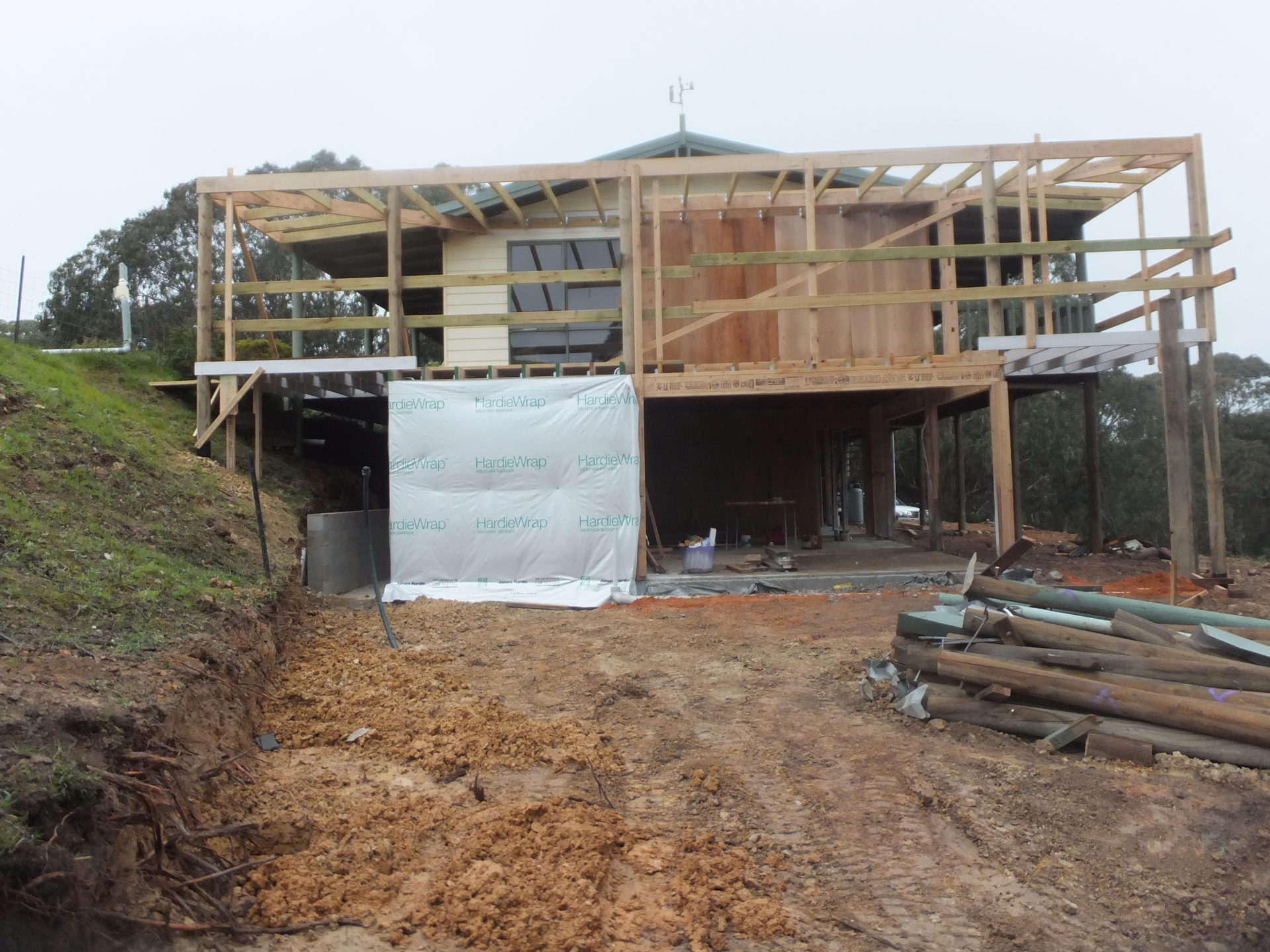

How to avoid variation during construction
Under ABIC Simple Work Contract, a variation can be a change to:
- the scope of the works as contemplated by the contract documents and capable of being executed under the contract
- a dimension or level of the works
- the materials, workmanship or quality of any part of the works
- a detail of the works, or
- the order of precedence of the contract documents
ABIC Simple Work Contract enables the Architect to give the contractor a written instruction for a variation at any time before the date of practical completion. The instruction for a variation may include an instruction to the contractor to provide a detailed estimate of the whole, or any part, of the cost, or any saving, as a result of the variation and the effect of the variation on the date for practical completion.
A variation to the contract work may have a positive or negative result to the contract price and or the date for practical completion. In most instances, a variation can be costly during construction because of;
- added material cost – particularly if materials have already been ordered
- extra labour or work cost – different tradesmen might be required to return to the site to alter their previous work to accommodate the changes
- additional engineering, drafting or approval expenses
Tips to avoid expensive variations:
- Be specific – especially before the contract is signed. Ensure everything has been specified in the contract documents such as, quality of the fitting and finishes, brand, model, colour and any other special requirements one may have.
- Go through the contract documents thoroughly with the builder – During tender stage, it is vital to ensure all potential contractors understand the scope of work and if there is any risk or important factor that might affect their quotation. At BY Projects Architecture, we believe that it is a good practice to invite all potential contractors to the site early in the tender process. This allow the contractors to discover any opportunities or difficulties they might face during construction; hence they can provide a more detailed and accurate quotation.
- Comprehensive tender quotation analysis – We always require all contractors to provide us a detailed trade breakdown to ensure that they have quoted on what has been specified in the construction drawings and specification. This will minimize any misunderstanding and variation during construction.
- Be honest and up front with the contractor and yourself – It is important to understand that nothing comes free, therefore it is vital to set a realistic budget and expectation. This will avoid contractor low-balling quotes in the hope of securing the job and then increase their profit margin by charging mercilessly for the variations you’ll inevitably have to request.
Howard Siow
Graduate
M.Arch (MELB) Hons, RAIA
BY Projects Architecture
26/10/2017



